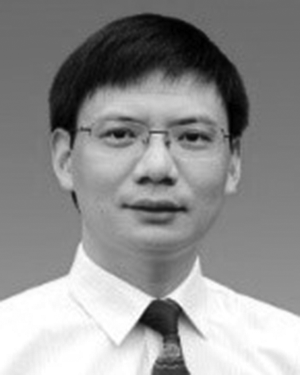I. Introduction
Recent years, the low frequency oscillation (LFO) phenomenon has frequently arose in available RESs around the world. Based on a number of actual tests, the LFO easily happens when multiple trains simultaneously energize in a rail depot [1]. At this time, only four-quadrant converters (4QCs) of the train operate in the low-power mode and the current of each 4QC is only few ampere. With increasing the train quantity in a rail depot, this oscillation phenomenon will arise. The typical voltage and current waveforms of the LFO measured in a traction substation and its harmonic spectra are shown in Fig. 1. It can be seen that waveforms contain massive f0±f1 interharmonic components and a low frequency envelope of f1 composed in oscillatory waveforms. It is the reason why this phenomenon is named as the LFO. The LFO has caused a number of serious consequences, such as the malfunction of the protection system, high-voltage and current that damages the onboard devices, transportation delay, and so on [2].









